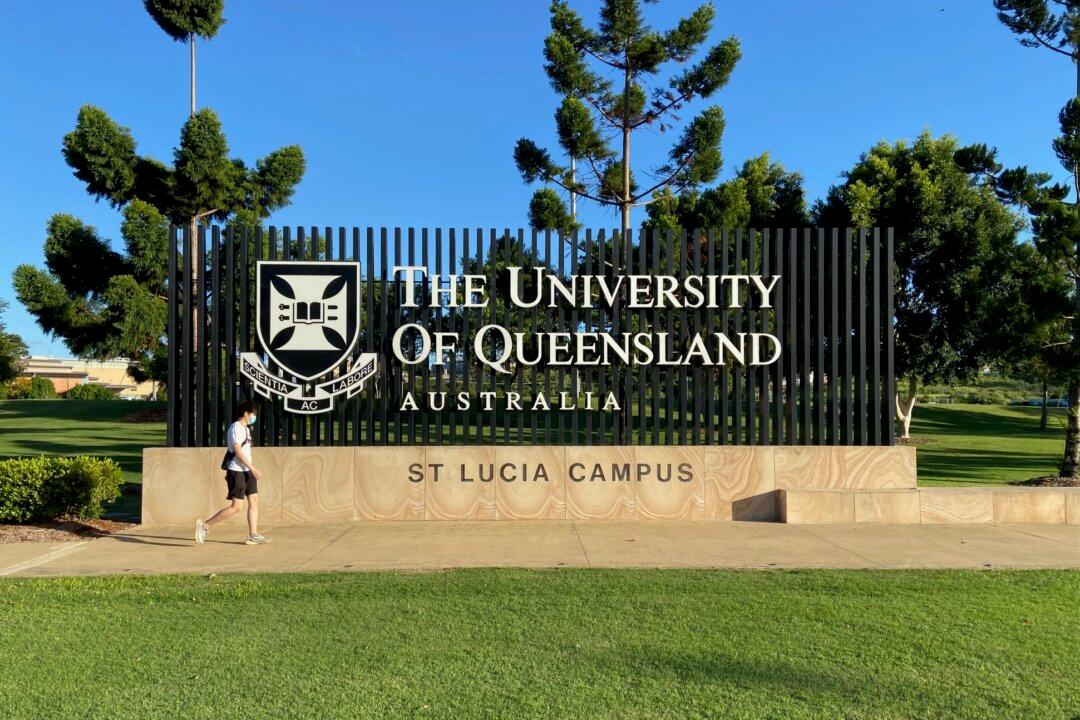Parliament has passed new laws to strengthen freedom of speech protections at Australian universities.
The Higher Education Support Amendment (Freedom of Speech) Bill 2020 (pdf) amends the existing Higher Education Support Act 2003 by providing a clear definition of “academic freedom.” It also replaces the use of “free intellectual inquiry” with the terms “freedom of speech” and “academic freedom.”





